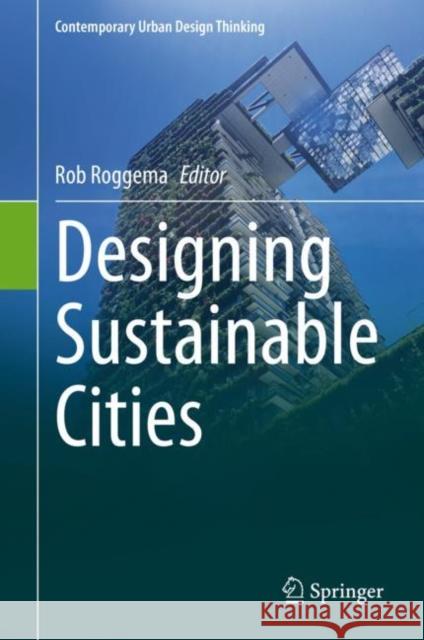Designing Sustainable Cities » książka
topmenu
Designing Sustainable Cities
ISBN-13: 9783030546854 / Angielski / Twarda / 2020 / 207 str.
Designing Sustainable Cities
ISBN-13: 9783030546854 / Angielski / Twarda / 2020 / 207 str.
cena 403,47
(netto: 384,26 VAT: 5%)
Najniższa cena z 30 dni: 385,52
(netto: 384,26 VAT: 5%)
Najniższa cena z 30 dni: 385,52
Termin realizacji zamówienia:
ok. 16-18 dni roboczych.
ok. 16-18 dni roboczych.
Darmowa dostawa!
Kategorie BISAC:
Wydawca:
Springer
Seria wydawnicza:
Język:
Angielski
ISBN-13:
9783030546854
Rok wydania:
2020
Wydanie:
2020
Numer serii:
000836485
Ilość stron:
207
Oprawa:
Twarda
Wolumenów:
01











